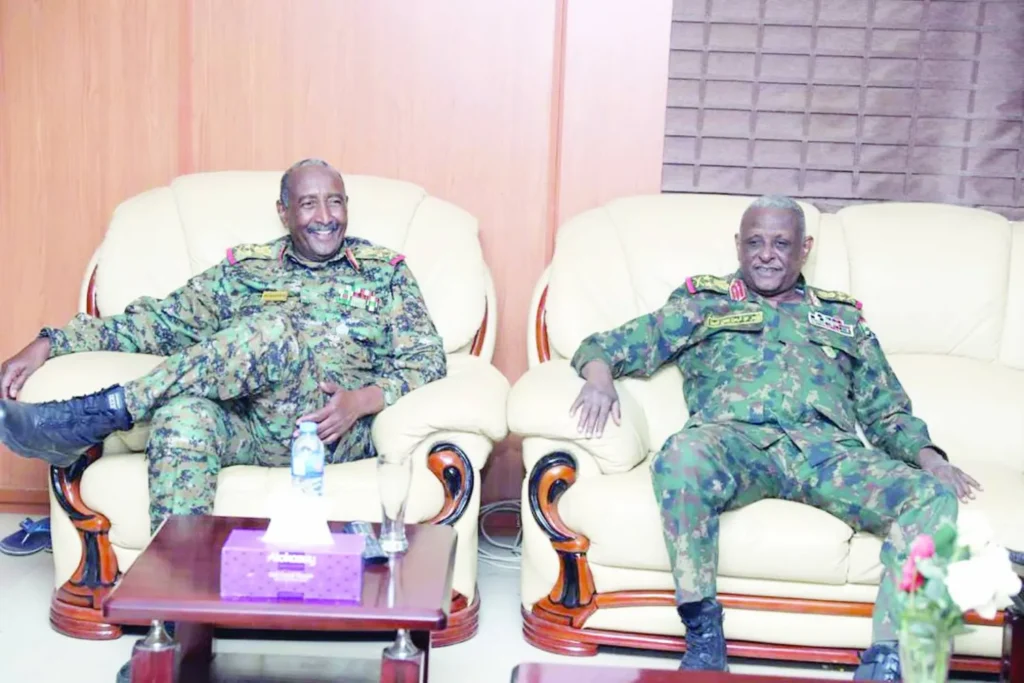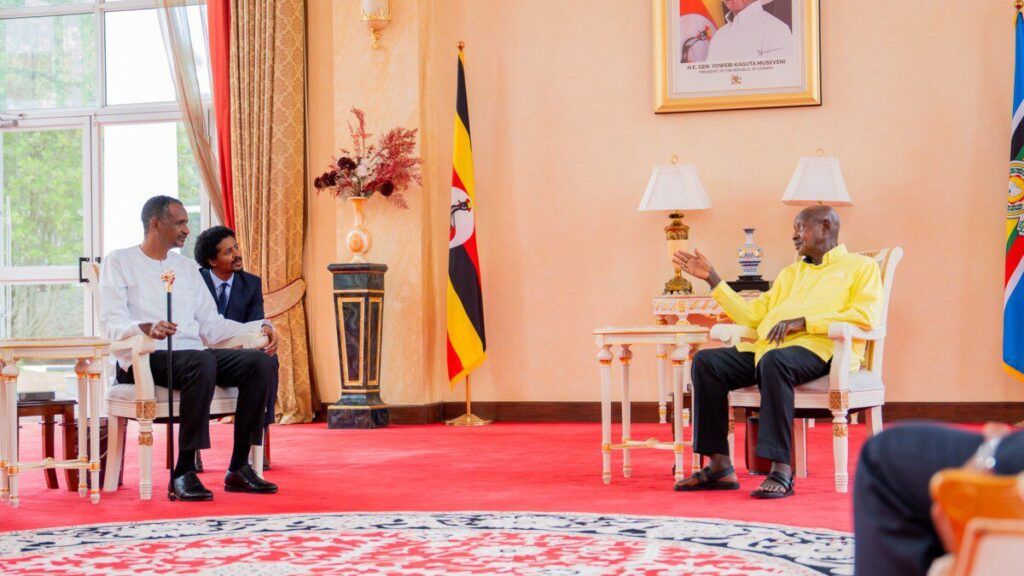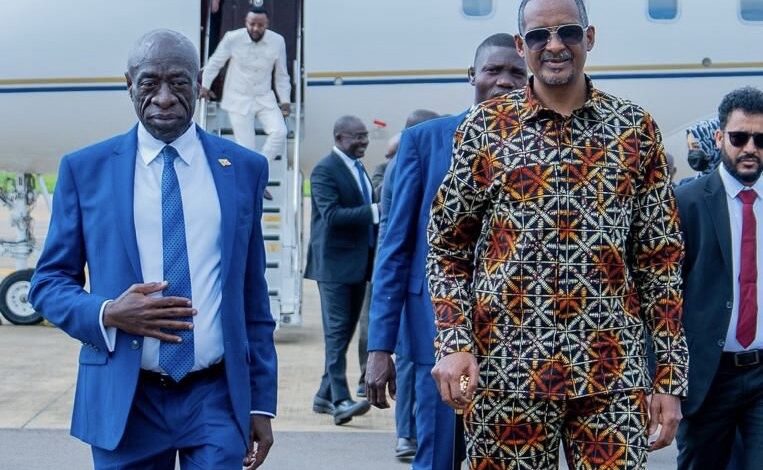
Remarks by Yasser al-Atta, a senior aide to General al-Burhan, insisting on a military solution to defeat the Rapid Support Forces (RSF) have stirred debate over whether they could undercut the U.S.-led Quad’s push for a humanitarian truce.
In a video posted late Sunday/Monday, al-Atta played on the pro-SAF slogan “Bal Bas” and quipped that counting its letters makes a “Quad” of his own, repeating the phrase while adding: “We have fought a lot, and we love peace.” The slogan “Bal Bas” has become a rallying cry among Burhan supporters; Darfur governor and Sudan Liberation Movement leader Minni Minnawi recently introduced al-Atta at a graduation ceremony as the “leader of the Balabsa.”
Al-Atta, widely viewed as a hardliner, has long advocated a battlefield victory over the RSF to consolidate the SAF’s military and political standing. His latest comments drew split reactions: some politicians and analysts said they align with the regime’s formal position; others read them as evidence of competing centers of power within the SAF leadership and an attempt by a hawkish faction to torpedo the Quad’s ceasefire track.
Sudan’s Security and Defense Council has publicly welcomed efforts by “friendly countries” to end the war, including the shuttle led by White House Africa adviser Musaad Boulos to secure a humanitarian pause. But regime allies say Khartoum has reservations about the Quad’s structure (the U.S., Saudi Arabia, the UAE and Egypt) and about elements of Washington’s draft, arguing it places the SAF and RSF on equal footing and lacks clear enforcement mechanisms.
Justice and Equality Movement spokesman Mohamed Zakaria said the regime’s objections prompted Washington to open a broader strategic dialogue with Khartoum, within which the humanitarian truce proposal was tabled. He cited Defense Minister Hassan Kabroun’s recent statement after an emergency Security and Defense Council meeting that the Quad draft, as written, is not acceptable to the regime.
Critics of al-Atta’s remarks, including leaders in the Civil Democratic Coalition (Sumood), said his tone toward the Quad was irresponsible toward regional states investing in mediation and signaled “multiple, contradictory centers of authority” in Port Sudan on whether to stop the war. Other political sources, speaking on background, cast the comments as part of a power struggle within the SAF over the truce, accusing Islamist and other hardline currents of seeking to derail it.
With fighting and displacement surging—particularly after the fall of El Fasher—pro-truce voices warn that mixed messages from within the SAF risk complicating the Quad’s bid to impose or enforce its original humanitarian plan.




